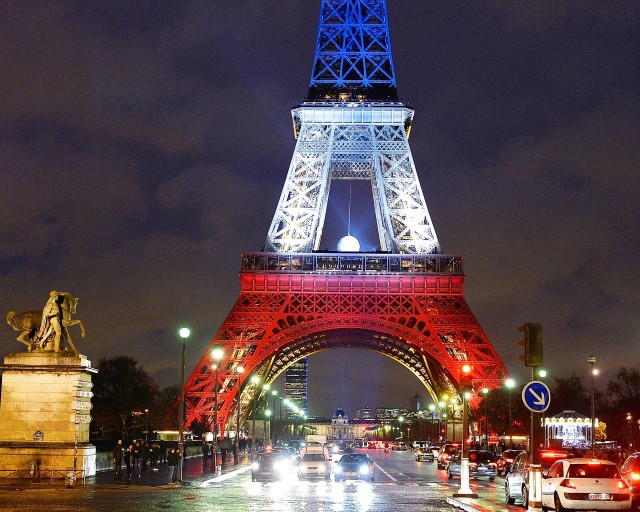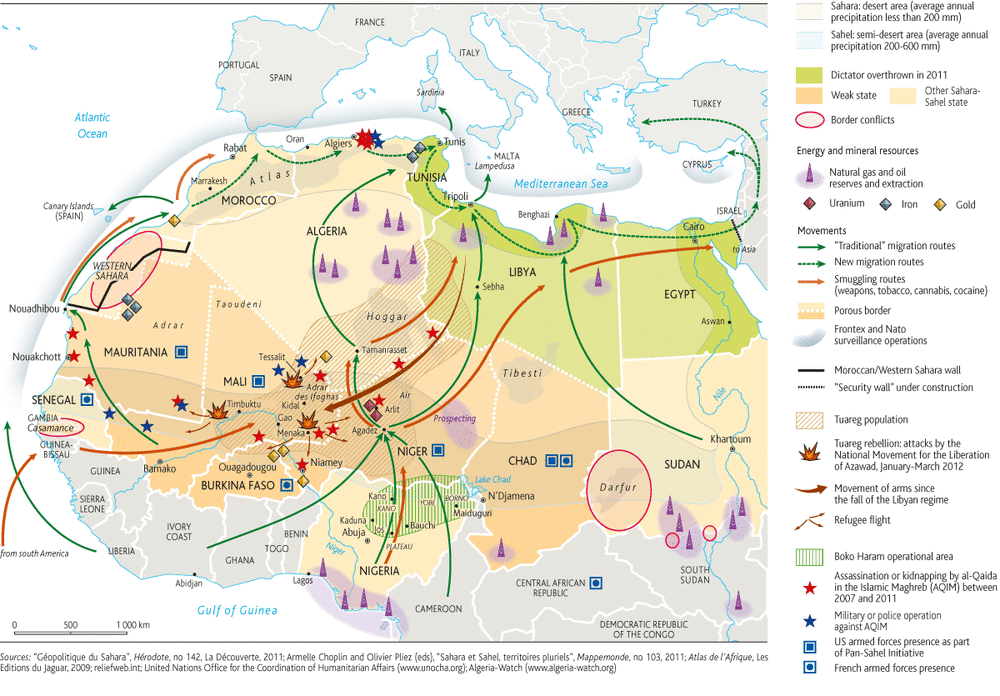The French capital, Paris, has topped a ranking of the best cities to study in – one student explains what makes it special.
Like so many Parisians on 13 November, my friends and I stayed up the whole night, watching the news. We followed the tragedy of the terrorist attacks online and checked in with all our friends on social media, while sirens blared down the boulevards outside. Paris was different when we woke up. The few people who had ventured out onto the empty streets seemed tense, which was understandable; everyone knew of someone who had died or been injured.
By Sunday, Paris seemed to have returned to normal. My friend and I walked by Notre Dame, surrounded by Parisians and tourists, like on any other weekend. But as the several false alarms since have shown, an undercurrent of fear remains.
These brave faces displayed resilience among Parisians that didn’t surprise me. The attacks shocked Paris because they targeted a way of life. It’s a way of life that Parisians are (rightly) proud of, and one that continues to set the city apart from its rivals.
This year, the city topped the QS ranking of the best student cities in the world. Paris, which boasts 18 universities that can compete on a world stage (and often find themselves at the top end of league tables ), is an especially great place for students. I recently moved here to study French language and culture at the Sorbonne, and though I am only two months in, I have not been disappointed.
Anna Greenburgh, an Oxford University graduate who is studying for a master’s degree in economics and psychology at the Sorbonne, says studying in Paris was “a dream opportunity”. The chance to improve her French and the Sorbonne’s reputable course was a perfect fit.
Because of its world-class institutions, Paris attracts an international audience. In my class, there are students from America, China and Brazil. This means French is our common language, and I can’t fall back on English.
Greenburgh also enjoys the international scope of her course: “I’m getting more perspectives on issues than I did at Oxford, where the majority of people on my course were raised in England.”
Yannick Slade-Caffarel, a University of Sydney graduate who is studying for a master’s in political theory at Sciences Po, has found some of the university’s research facilities disappointing, though he admits that “the prestige is nice”.
Unfortunately, what you save on education, you might spend on accommodation. Expensive rent is unavoidable and, as Slade-Caffarel jokes, you may have to adjust “what one believes to be an appropriate amount of room for a human being to exist in”.
But as Paris is smaller than London, it is much easier to live centrally and my friends save money through flat shares. The internet is a student’s best friend; Appartager and La Carte des Colocs provide hundreds of student accommodation listings.
Excluding accommodation, student life in Paris comes chic and cheap. Even French haute cuisine is tailored to low student prices. Crous Paris, an organisation that aims to improve the living conditions of students in Paris, has 15 restaurantsand 30 university cafeterias across the city. I regularly eat a remarkably good two-course meal for just over three euros.
For most students, Paris’s main draw is its cultural cache. “You can see world famous bands for 10 euros,” says Slade-Caffarel. The theatre is also good value for young people and the quality is world class.
Any day after class, I can walk in Hemingway’s footsteps through the Jardin du Luxembourg, drink coffee at the same cafés as Simone de Beauvoir and Sartre, and venture to Shakespeare and Company, the legendary bookshop established by Sylvia Beach. That unconquerable way of living makes up Paris’s charm – something that cannot be calculated into a ranking.
Almost two weeks on from the attacks, I was en terrasse with three friends. Everything had mostly returned to normal. We talked about classmates and colleagues, our rent costs and how we really ought to attend more art exhibitions. There was still fallout in our conversation; my friend’s train to the airport had been evacuated because of a bomb scare. But fear has mostly been replaced by Paris’s charm; we’re already talking about how we’d do anything to stay out here.








